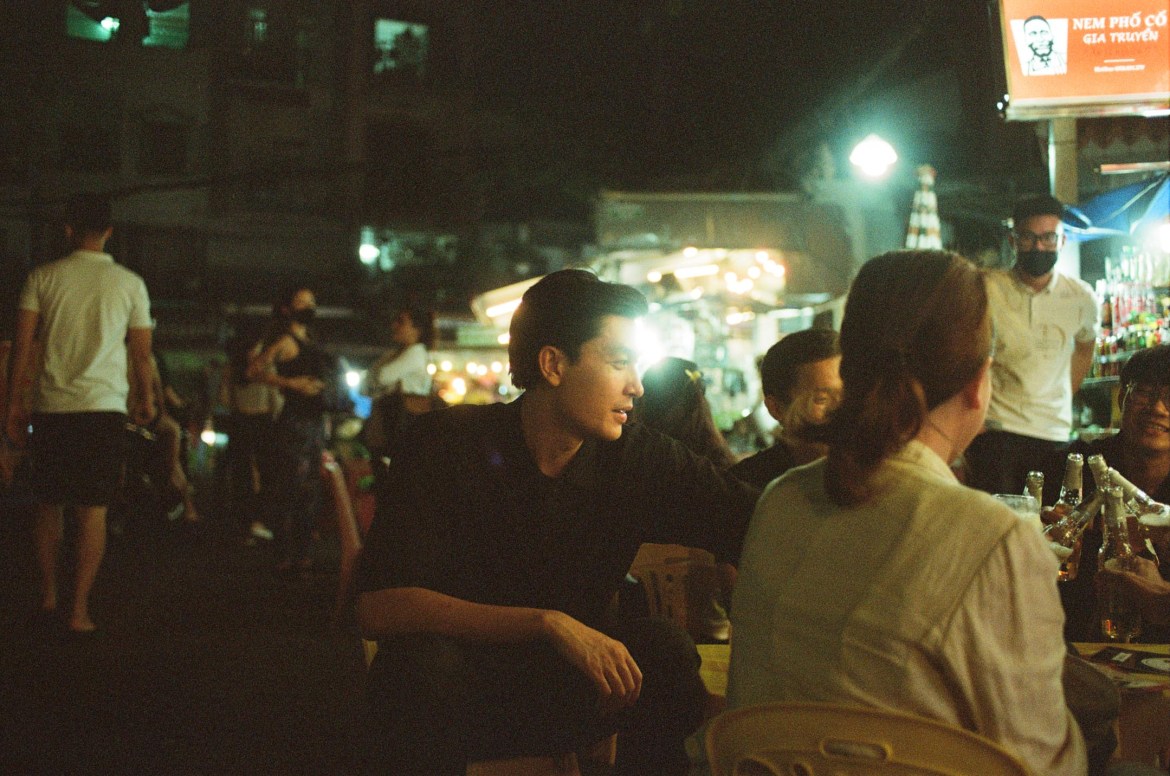Celebrating the spirit of travel in a more mindful and responsible way
With travel roaring back to life, Booking.com, one of the world’s leading digital travel companies, recently launched the second edition of its Booking Explorers campaign, aiming to inspire travelers to reignite their desire to travel. However, as much of the world seeks to travel again, we must also recognise the need for sustainability: from avoiding single-use plastic and making smart, responsible choices when choosing our stays, to transforming how and where we travel so that we minimize our impact on the destinations we visit; and hopefully leave our destinations greener than when we first arrived.

Booking explorer Quang Dai shares how travelers can contribute to a greener future while exploring his homeland. In Vietnam, entrepreneur, model and travel blogger Quang Dai is one of those championing a greener lifestyle. The intrepid traveller has taken part in several environmental movements, including WeDo 2019 and Earth Hour 2020.
“The planet and its supply belong to our future generations just as much as they do to us,” Quang Dai says. “We are always taking from the planet so as much as possible, we should also give back by recreating, reusing, and recycling. Our present actions ensure a future and a healthy habitat for all species. The planet and its supply don’t just belong to us but to our future generations.”
For those planning a visit to Vietnam, here are Quang Dai’s tips for an eco-friendly trip through Vietnam.
1. Go off the beaten track
“I’ve always found that the best way to enjoy a more authentic experience of a local place and culture is to veer away from crowded tourist spots. I’ve always preferred spending time in nature or roaming the streets so I can have a feel of what it is like to live like a local.”
2. Visit national parks and marine sanctuaries

There are currently 34 national parks scattered across Vietnam. Cuc Phuong, the country’s oldest, is where you’ll find millennia-old trees and prehistoric caves. UNESCO-listed Phong Nha-Ke Bang is home to some of the largest caves in the world. Quang Dai says he often encourages people to visit these protected areas as there is a lot of work being done to raise awareness about and conserve the endangered species living in the parks. “The money spent here is put to good use as well, for conservation activities and supporting the local communities,” he says.
3. Avoid single-use plastics
One of the biggest sources of waste is single-use food and beverage containers. In Vietnam, It’s easy to bring a bottle and refill at pit-stops or simply dine in (instead of doing takeout). Quang Dai suggests, “If you’re having street food, why not look out for vendors with biodegradable packaging and support them instead? All these little actions add up and will go a long way.”
4. Choose businesses that champion sustainability
According to Quang Dai, there is a wide variety of eco-friendly brands to be found in Saigon, including the Lai Day Refill Station, a green lifestyle shop that offers handmade, eco-friendly homecare and personal care products like shampoo, conditioner and soap. “You can even bring your own jars and containers to [be] refilled,” he enthuses.
Another favourite of his is Du Du Xanh Vegetarian Restaurant, which is set within a charming French villa and serves an array of beautifully crafted plant-based dishes. “Whenever I feel a need to detox my mind and body, this is my go-to restaurant for beautifully crafted and delicious vegetarian cuisine,” he shares.
If you’re looking for an eco-friendly place to stay, Quang Dai recommends Hôtel des Art Saigon. This 5-star boutique hotel features the Ecoxury Room, a showcase in what can be done to push the boundaries in luxurious sustainability. The room features eco-friendly lighting and 100% cotton-made bedding, and all the amenities are fully refillable, with zero plastic containers in sight. In addition, the hotel group contributes to reforestation projects around the world – since 2009, Accor has planted more than 3 million trees across the planet.
